AT&T partially has the right idea by supporting traffic prioritization at the users’ request but they present it as selling more bandwidth instead of guaranteeing maximum latency and jitter. The user should be able to specify if they want their traffic prioritized whether they pay a service provider for that option or whether they purchase an option to label certain traffic from the ISP. AT&T wants to use this as an opportunity to sell a higher tier of service so they can drive up ARPU instead of selling a guaranteed maximum latency and jitter rate that is much less expensive to provide. Is AT&T being disingenuous or are the people presenting the public face truly ignorant on the subject of traffic management? I am beginning to wonder.
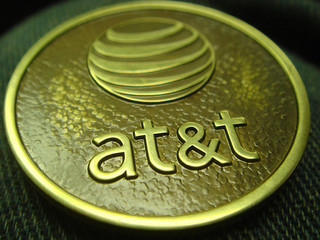
AT&T (Photo credit: MrVJTod)
U.S. telco in favour of enforcing net neutrality under section 706 but wants to give customers option to pay for Internet fast lanes.
AT&T has somehow managed to simultaneously support a ban on paid prioritisation while at the same time recommending that prioritisation agreements should be permissible.
In a blog post late Thursday, the U.S. telco came out in favour of reinstating the Federal Communications Commission‘s net neutrality rules “including banning paid prioritisation – where an ISP prioritises packets over the consumer’s last mile broadband Internet access service without being directed to perform that prioritisation by the consumer”.
Continue reading





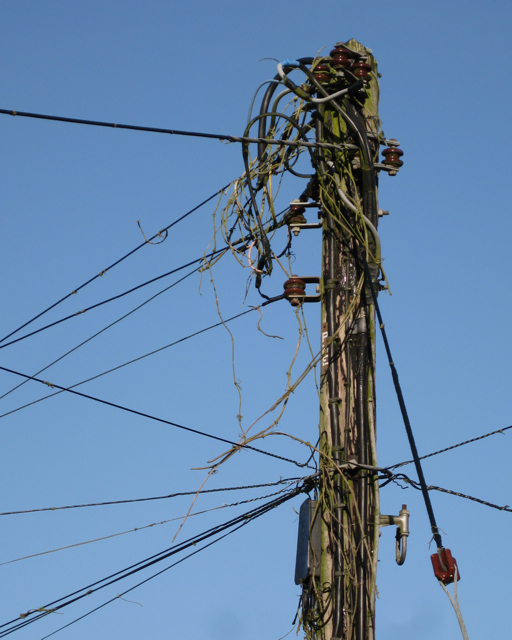
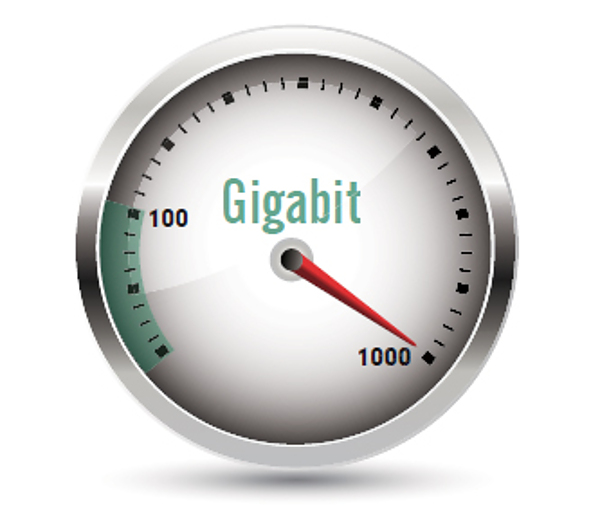
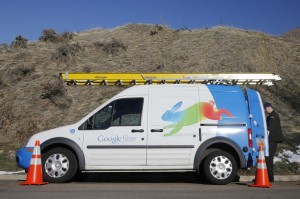
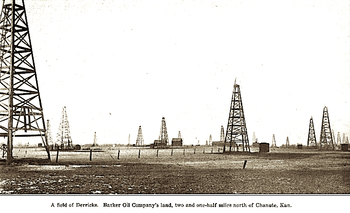

 AT&T isn’t letting
AT&T isn’t letting